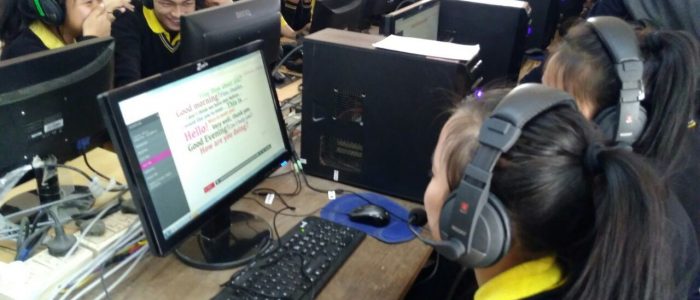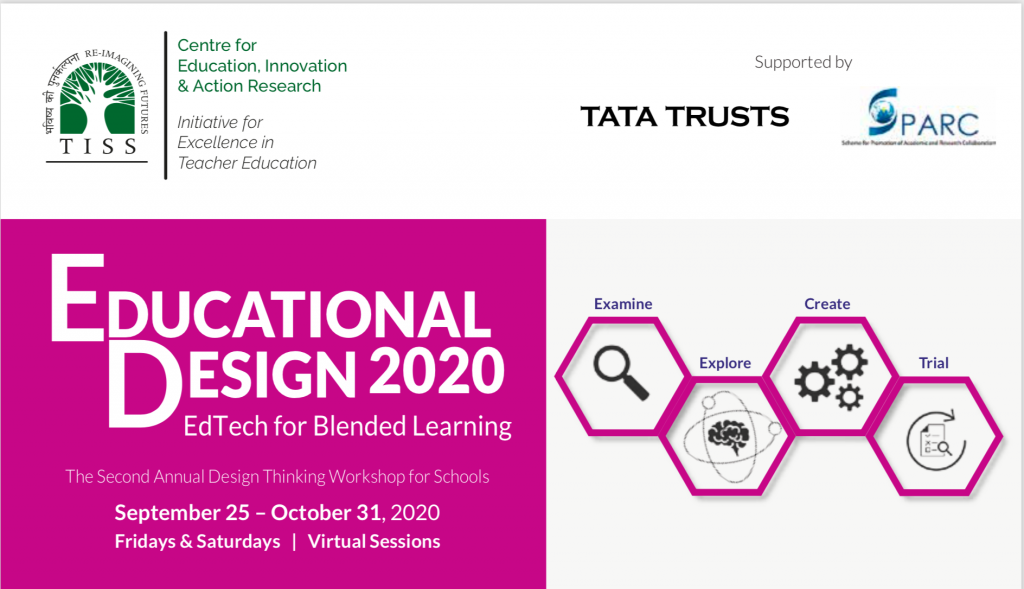Learner Autonomy in Mizoram
English is not a ‘foreign’ language in Mizoram and students aspire to speak English, asking us: “When you were in school, did you talk in English?” Our visit to Mizoram (22–28th January) was part of data collection for the English domain study on learner autonomy. This was a post-course follow-up to the visits in September and November 2016 when we had tried to understand how students viewed learning independently. They had felt then that they needed their teacher.
This time, we visited three schools —Durtlang, Ramhlun and Bethlehem—to observe students in the CLIx classrooms and conduct student and teacher surveys and interviews. . We watched for any shift in the learning pattern in the 5 months since the CLIx module was introduced.We observed that students were comfortably working in pairs and sometimes got help from their peers working at other computers. They called on their teachers for technical help or help in understanding certain words in the story.
Two of the schools were moving from the simpler English Beginner module to the more challenging English Elementary module. It was a moment of revelation for us, seeing the transition as students helped each other overcome the difficulties of a complex module.
There are indications that collaboration can help students become autonomous learners. The data from the student survey, which is currently being analysed, also show students’ inclination to study with their friends. In the next academic year, students will spend more time on the CLIx English lessons. If our current belief is correct, greater student interactions will take students towards independence and autonomy.
(Nishevita Jayendran, Curriculum Consultant and Lavanya Murali, Research Assistant, English team, CLIx)





